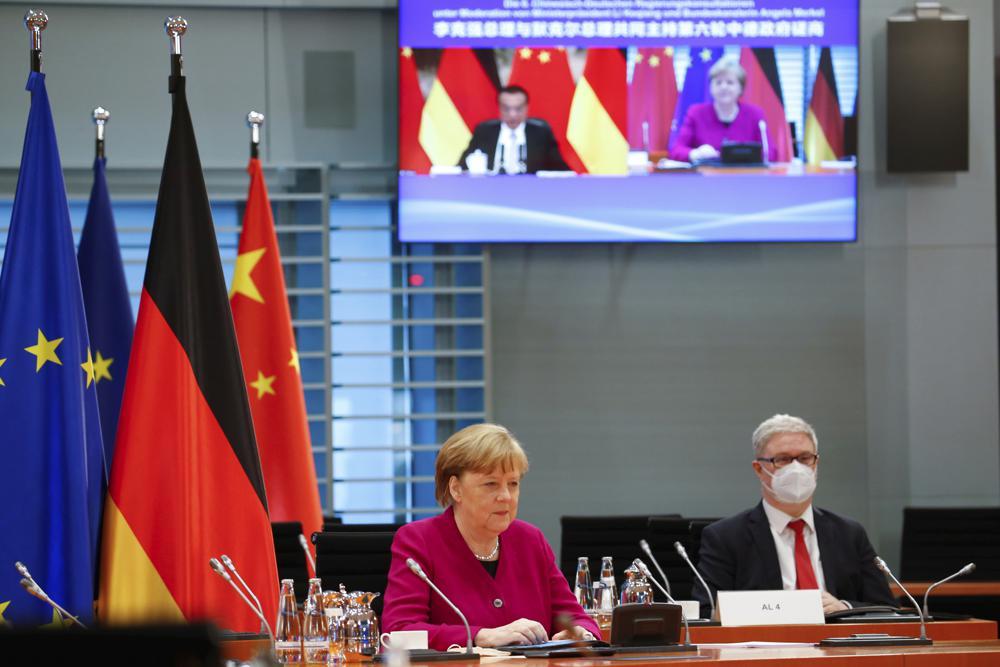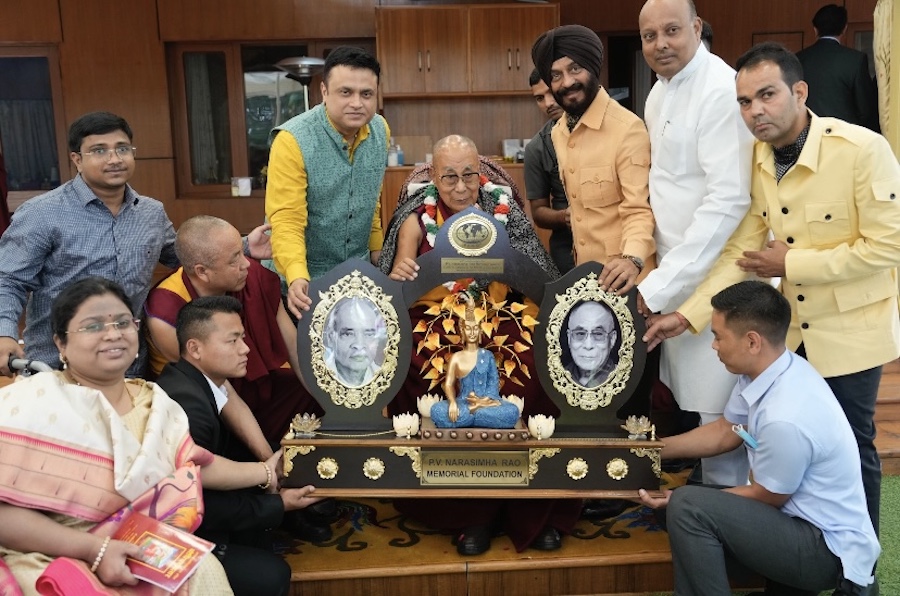By Choekyi Lhamo
DHARAMSHALA, Apr. 30: The German Chancellor Angela Merkel on Wednesday pressed China’s Premier Li Keqiang for discussions on human rights issues, noting that the relationship between their countries “means that we can address difficult issues and put everything on the table.” The remarks from the chancellor came after Merkel and Li led consultations on issues like the fight against the spread of the coronavirus, trade concerns, among others.
Merkel said, “Part of our partnership includes addressing difficult topics and putting everything on the table. Traditionally, the issue of human rights repeatedly plays a role and here, differences of opinion exist. There are differences of opinion here, especially when we think of the situation in Hong Kong, for example.” She said the two countries have always succeeded in addressing those issues, adding, “I would wish that we can soon reinstall the human rights dialogue.”
The German leader also said that she wished for “in-depth” talks on matters that would also include countries’ justice ministers. “We have, so far, always managed to address these issues well; I’d hope that we can get the human rights dialogue going again as soon as possible,” she said.
China’s Foreign Ministry did not directly address the remarks, but said that Li “underlined that despite the fact that the two countries have different views on some issues, both sides need to respect each other’s core interests and major concerns, engage in communication and exchanges on the basis of equality and non-interference in each other’s internal affairs.”
Last year in November, Germany announced that it will join Australian Navy in what is seen as a plan to manage Chinese influence in the Indo-Pacific region. The German Defense Minister Annegret Kramp-Karrenbauer said that the Indo-Pacific had become crucial to the world’s well-being, “We believe that Germany needs to mark its position in the region.” However, keeping with Germany’s economic interest with China, Berlin opted for a more cautious foreign policy and defence outlook towards the Asian nation since the Second World War.










